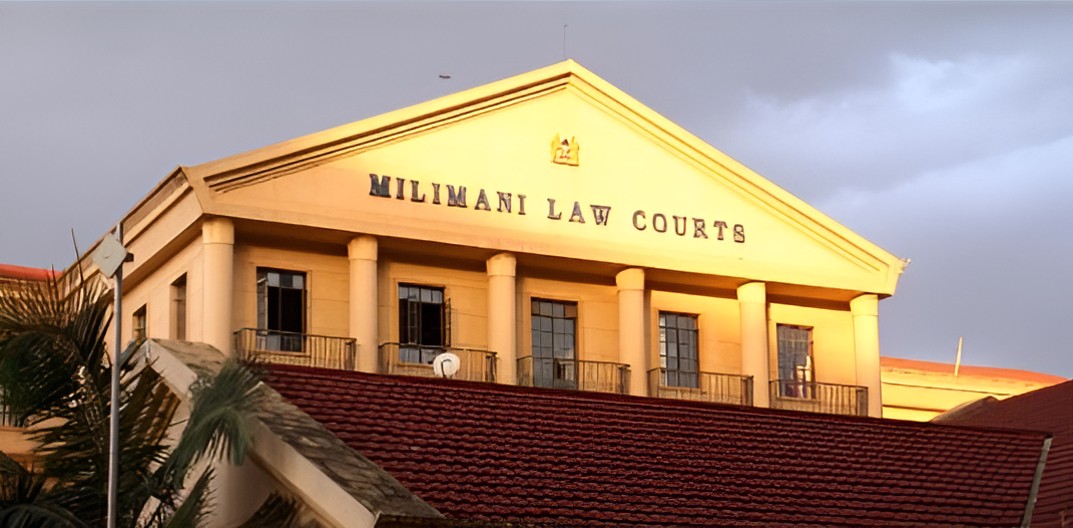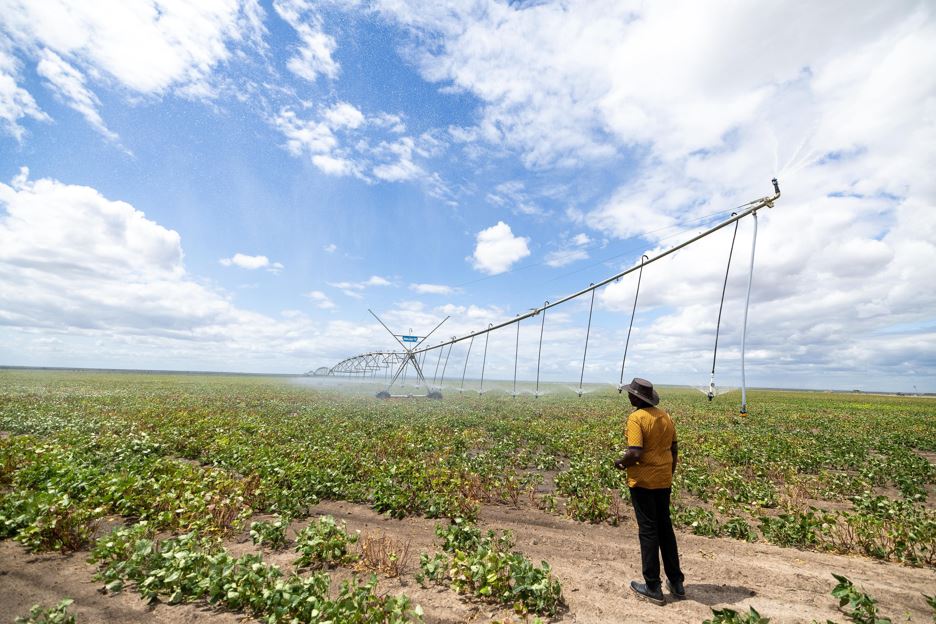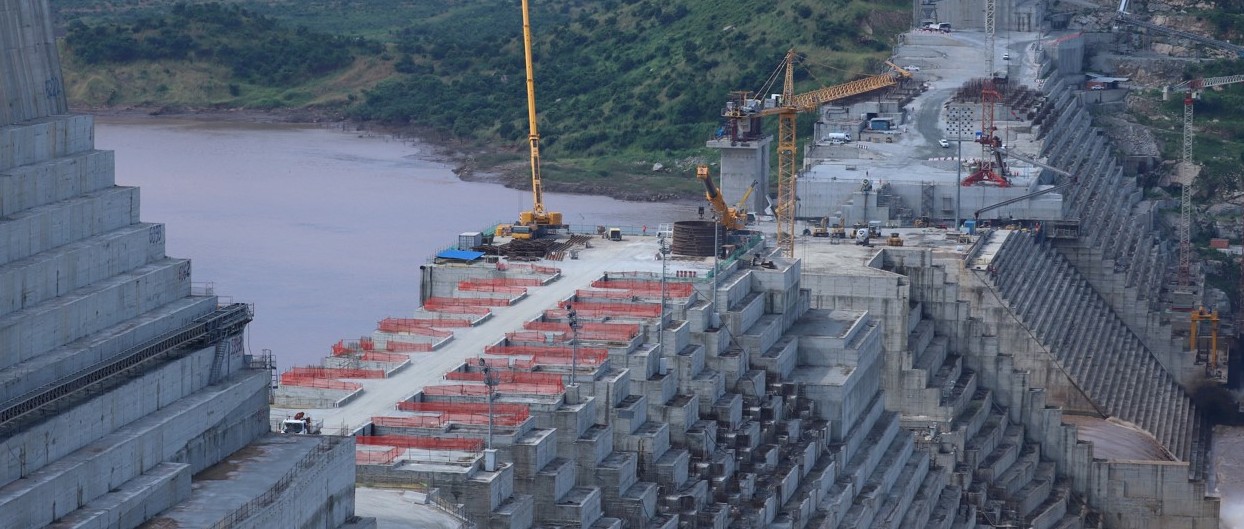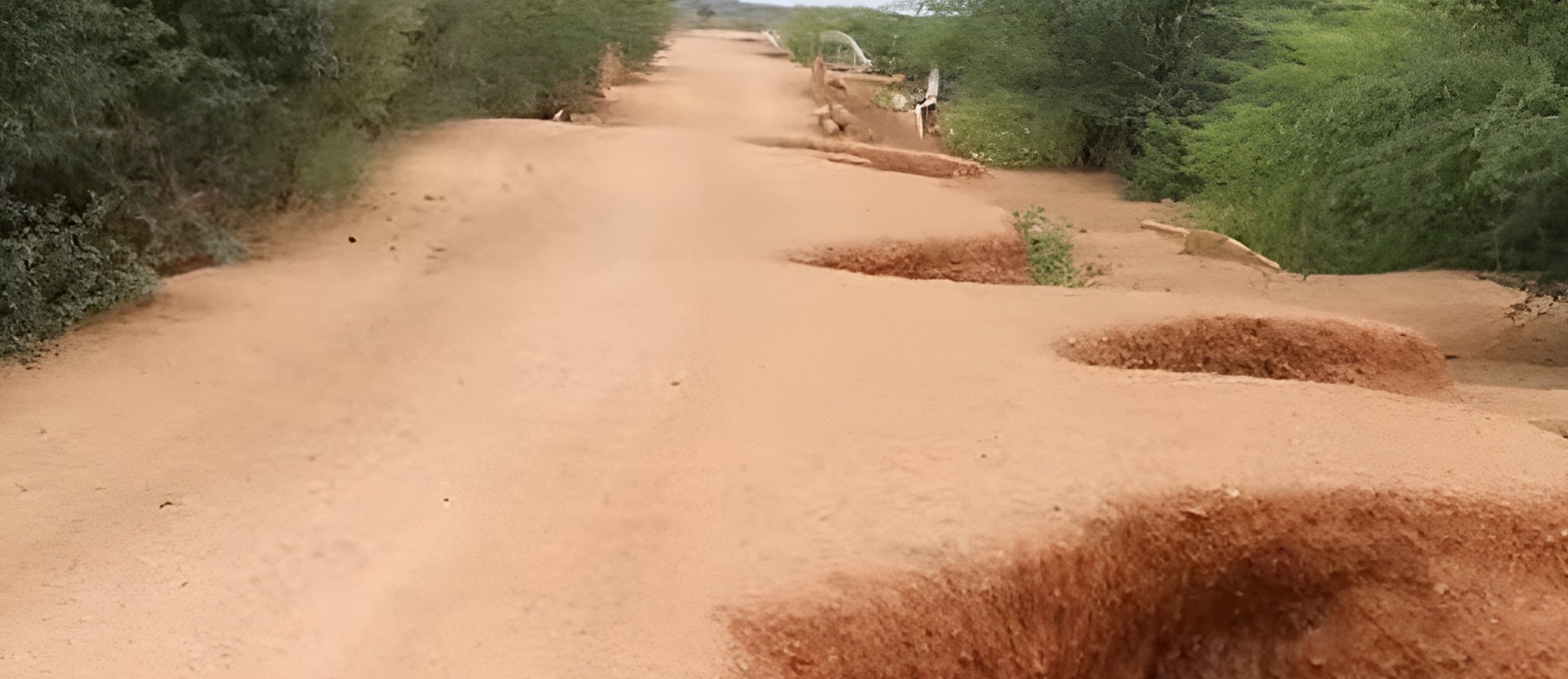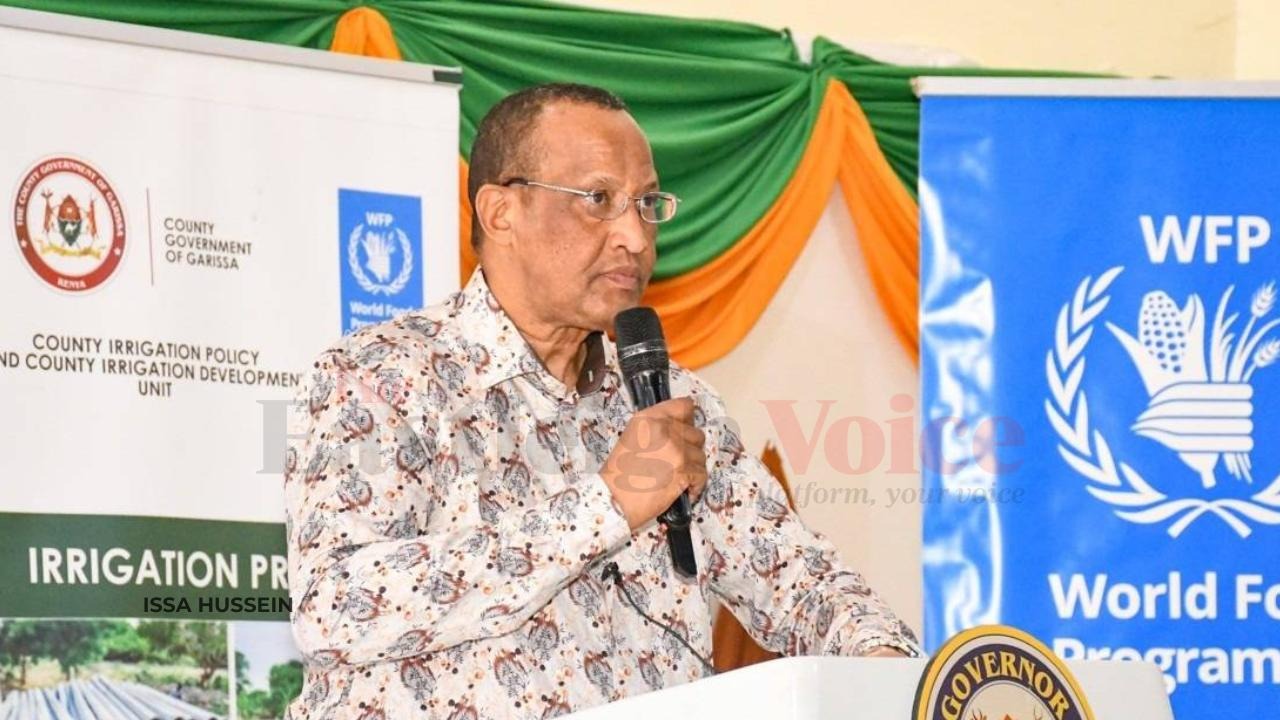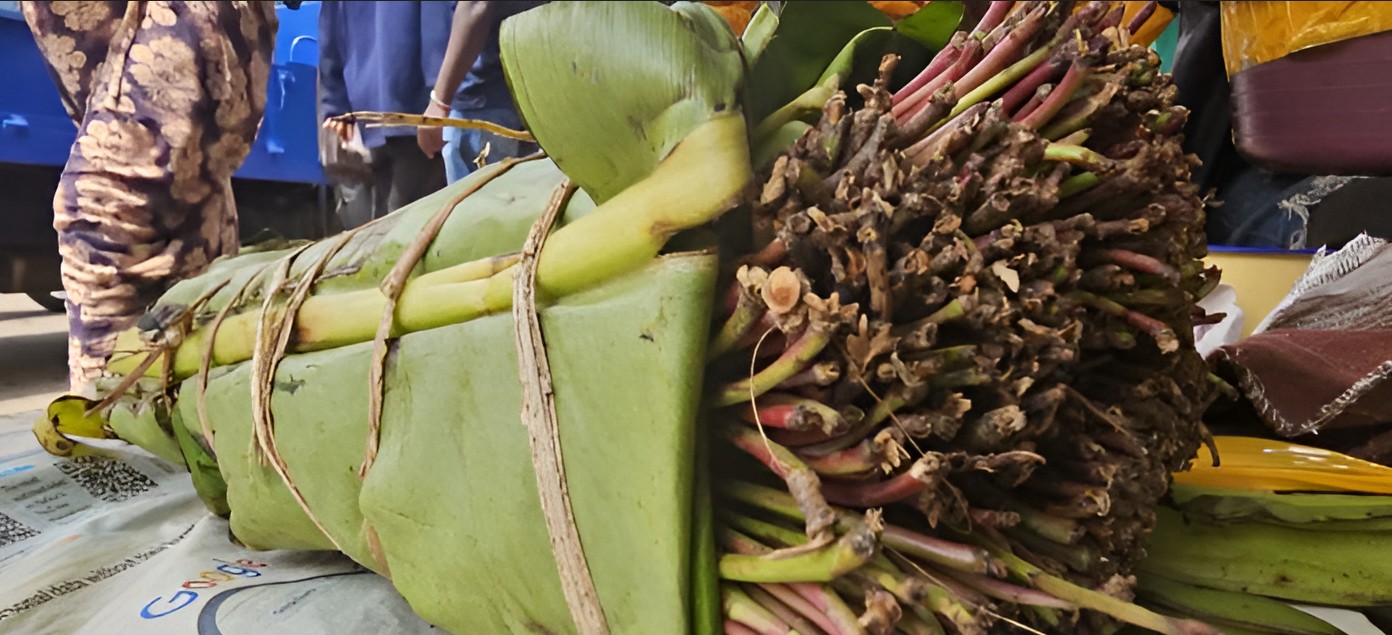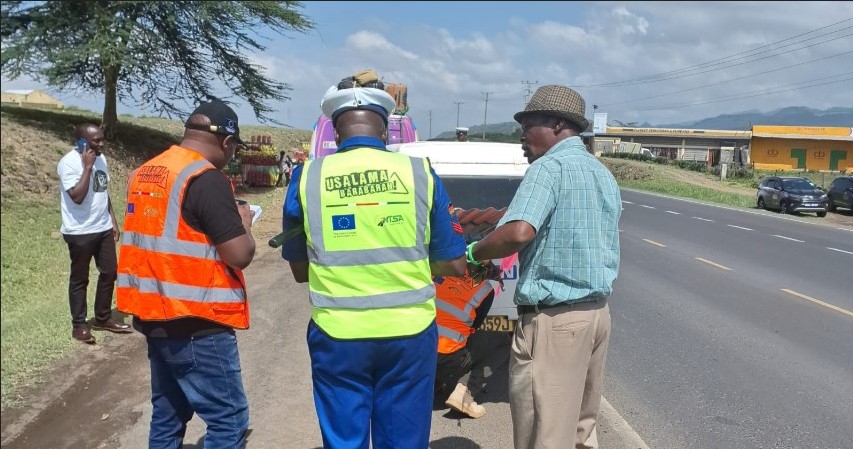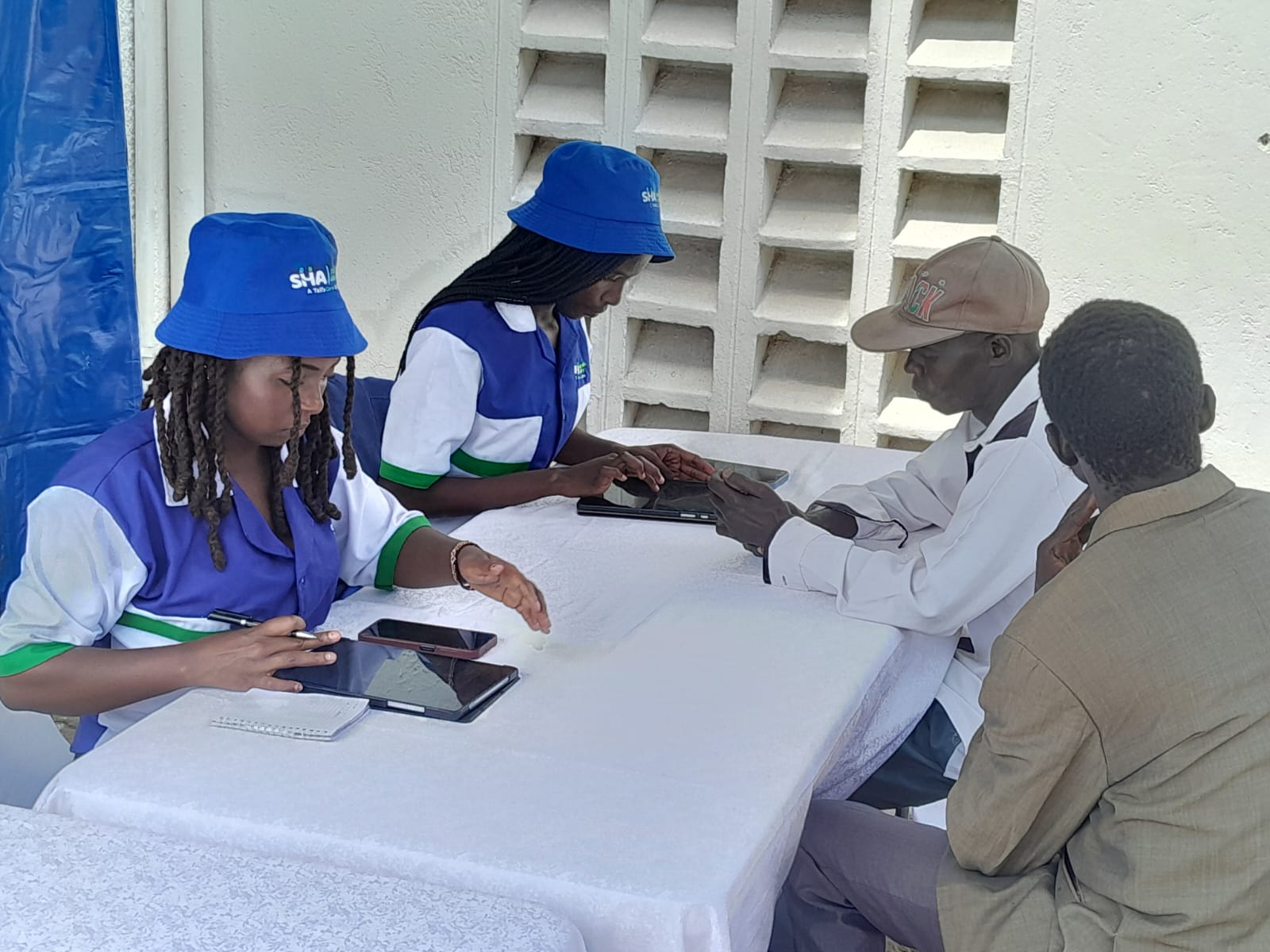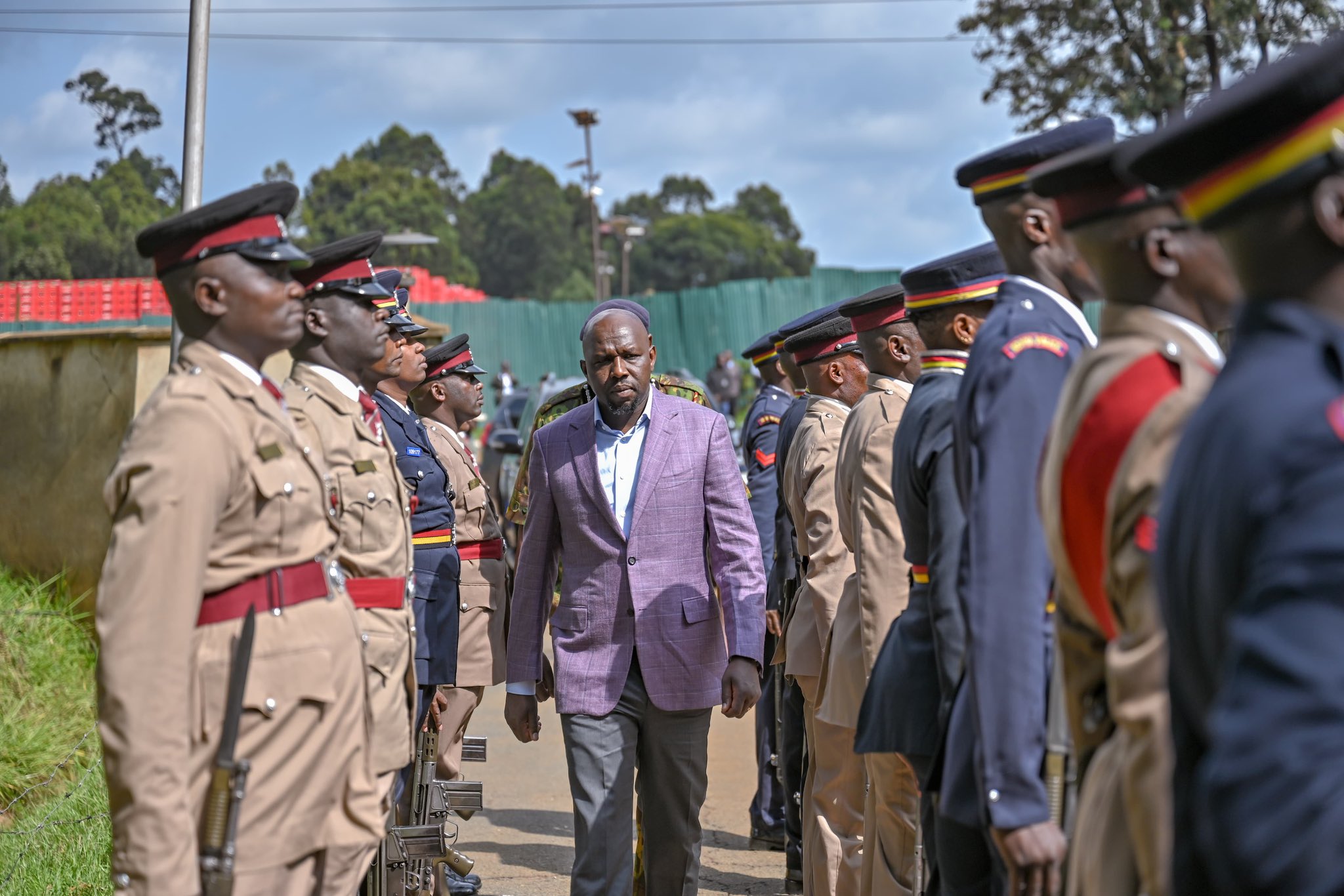Over 100 NGOs call for urgent access routes for aid into Gaza
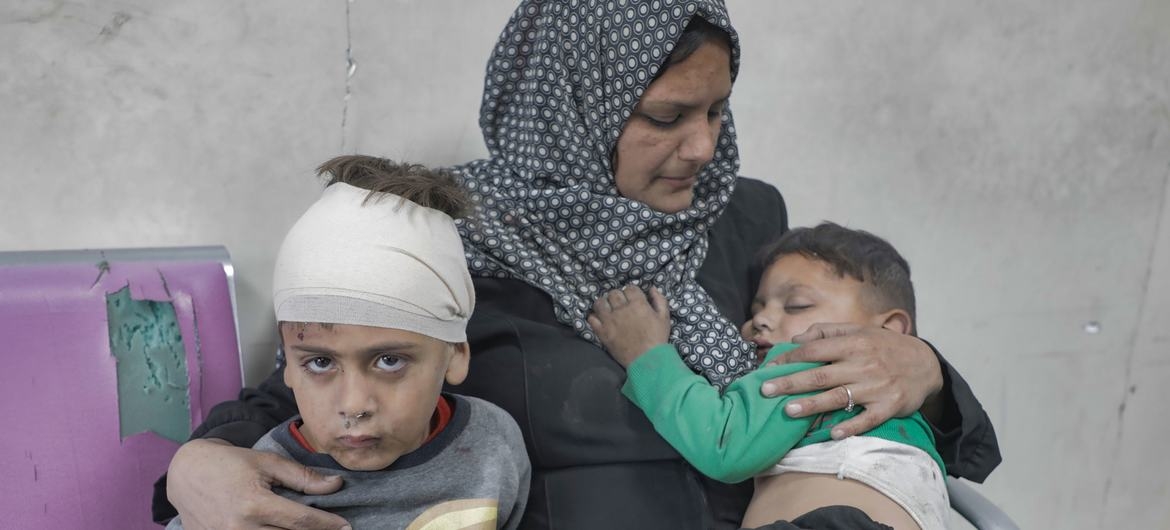
The 109 NGOs, including CARE, Amnesty International, American Friends Service Committee (AFSC) and ActionAid, are reiterating that the UN-led humanitarian system has not failed, but has been prevented from functioning.
Over 100 Non-Governmental Organisations (NGOs) have made an urgent plea for the opening of access routes to allow life-saving aid into the occupied Palestinian territory.
In a statement shared by Save the Children, the organisation have warned that supplies have been depleted as mass starvation spreads across Gaza, where humanitarian staff have also not been spared either as they are witnessing their colleagues and partners waste away before their eyes.
More To Read
- Egypt snubs US offer on Nile dam over condition to relocate Gazans to Rafah
- WFP warns of potential food aid cut in South Sudan in September
- UN chief describes situation in Gaza as a 'horror show'
- At least 21 children die of hunger in 3 days as Gaza starvation death toll passes 100
- Guterres condemns killing of people seeking food as humanitarian conditions deteriorate in Gaza
- Dreams amid the rubble: Gaza women speak of homes, loss and hungry children
"As the Israeli government's siege starves the people of Gaza, aid workers are now joining the same food lines, risking being shot just to feed their families. With supplies now totally depleted, humanitarian organisations are witnessing their colleagues and partners waste away before their eyes," the statement adds.
Aid workers joining the same food lines are now risking being shot just to feed their families.
"Exactly two months since the Israeli government-controlled scheme, the Gaza Humanitarian Foundation, began operating, 109 organisations are sounding the alarm, urging governments to act: open all land crossings; restore the full flow of food, clean water, medical supplies, shelter items, and fuel through a principled, UN-led mechanism; end the siege, and agree to a ceasefire now," the statement further says.
As a result of the starvation, the NGOs add that massacres at food distribution sites in Gaza are occurring near-daily.
"As of July 13, the UN confirmed 875 Palestinians were killed while seeking food, 201 on aid routes and the rest at distribution points. Thousands more have been injured," they said.
Meanwhile, nearly two million exhausted Palestinians have been displaced with the most recent mass displacement order issued on July 20, confining Palestinians to less than 12 per cent of Gaza.
Earlier, WFP had warned that current conditions make operations untenable, noting that the starvation of civilians as a method of warfare is a war crime.
"Just outside Gaza, in warehouses and even within Gaza itself, tons of food, clean water, medical supplies, shelter items, and fuel sit untouched with humanitarian organisations blocked from accessing or delivering them. The Government of Israel's restrictions, delays, and fragmentation under its total siege have created chaos, starvation, and death."
The situation, according to doctors, has led to record rates of acute malnutrition, especially among children and older people.
"Illnesses like acute watery diarrhoea are spreading, markets are empty, waste is piling up, and adults are collapsing on the streets from hunger and dehydration. Distributions in Gaza average just 28 trucks a day, far from enough for over two million people, many of whom have gone weeks without assistance," notes the statement.
The 109 NGOs, including CARE, Amnesty International, American Friends Service Committee (AFSC) and ActionAid, are reiterating that the UN-led humanitarian system has not failed, but has been prevented from functioning.
"Humanitarian agencies have the capacity and supplies to respond at scale. But, with access denied, we are blocked from reaching those in need, including our own exhausted and starved teams," they asserted, adding that every day without a sustained flow means more people dying of preventable illnesses as children starve while waiting for promises that never arrive.
The NGOs said governments must stop waiting for permission to act.
"We cannot continue to hope that current arrangements will work. It is time to take decisive action: demand an immediate and permanent ceasefire; lift all bureaucratic and administrative restrictions; open all land crossings; ensure access to everyone in all of Gaza; reject military-controlled distribution models; restore a principled, UN-led humanitarian response and continue to fund principled and impartial humanitarian organisations. States must pursue concrete measures to end the siege, such as halting the transfer of weapons and ammunition," they further implored.
They added that airdrops or flawed aid deals are just piecemeal arrangements and symbolic gestures that serve as a smokescreen for inaction.
"They cannot replace states' legal and moral obligations to protect Palestinian civilians and ensure meaningful access at scale. States can and must save lives before there are none left to save," they said on Wednesday.
Top Stories Today
Reader Comments
Trending
